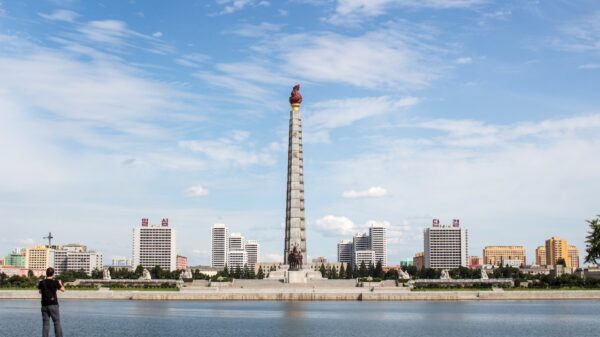North Korea is escalating tensions in the Indo-Pacific region as it gears up to launch its first military reconnaissance, or spy, satellite into orbit. This development has particularly rattled South Korea and Japan, prompting both nations to urge their reclusive neighbour to desist from the proposed launch.
Last month, North Korea's leader Kim Jong Un reportedly inspected the nation's aviation facility, where preparations were underway to ready the spy satellite for its inaugural launch. This revelation, reported by the Korean Central News Agency (KCNA), has sent ripples of concern across neighbouring countries, with the last few days. . .






















